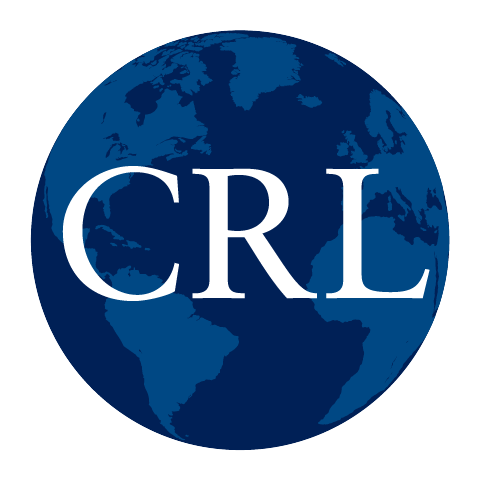-
1
-
2
-
3Ankara : Ba̧sbakanlık.v. ; 27-34 cm.Also issued in microform and online.“...Turkey...”
-
4
-
5Argitaratua 1938İstanbul : Ulus Basımevi, 1938.15 p. ; 16 cm.“...Turkey...”
-
6nork Hammer-Purgstall, Joseph, Freiherr von, 1774-1856
Argitaratua 1835Paris : Bellizard, Barthès, Dufour & Lowell, 1835-1843.18 v. : geneal. tables ; 22 cm. t 1 atlas (25 maps (3 folded), 13 plans on 38 plates ; 54 cm.)“...Turkey...”
-
7Argitaratua 1935İstanbul : HALK Basımevi, 1935.799 p. ; 25 cm.“...Turkey...”
-
8Argitaratua 1926[Ankara? : s.n.], 1926.239 p. ; 28 cm.“...Turkey...”
-
9Argitaratua 1917[İstanbul] : Meclis-i Mebusan Matbaası, 1335 [1917]102 p. ; 19 cm.“...Turkey...”
-
10Argitaratua 1940İstanbul : İnkilâp Kitabevi, [1940]14, [2] p. ; 24 cm.“...Turkey...”
-
11Argitaratua 1926İstanbul : Matbaa-yi Ebüzziya, 1926.189 p. ; 29 cm.“...Turkey...”
-
12Argitaratua 1928İstanbul : Yeni Matbaa, 1928.781, 46, 48 p. ; 24 cm.“...Turkey...”
-
13Argitaratua 1897Paris : F. Pichon, 1897-1903.4 v. ; 24 cm.“...Turkey...”
-
14
-
15Argitaratua 1946İstanbul : İnkılâp Kitabevi, 1946.14 p. ; 21 cm.“...Turkey...”
-
16Argitaratua 1926İstanbul : Evkafı İslamiye Matbaası, 1926.269 p. ; 21 cm.“...Turkey...”
-
17Argitaratua 1927[Ankara] : Hâkimiyet-i Milliye Matbaası, 1927.125 p. ; 28 cm.“...Turkey...”
-
18Argitaratua 1935İstanbul : HALK Basımevi, 1935.889 p. ; 25 cm.“...Turkey...”
-
19Argitaratua 1935İstanbul : HALK Basmevi, 1935.104 p. ; 25 cm.“...Turkey...”
-
20Argitaratua 1926İstanbul : Yeni Ses Matbaası, 1926.16 p. ; 27 cm.“...Turkey...”

